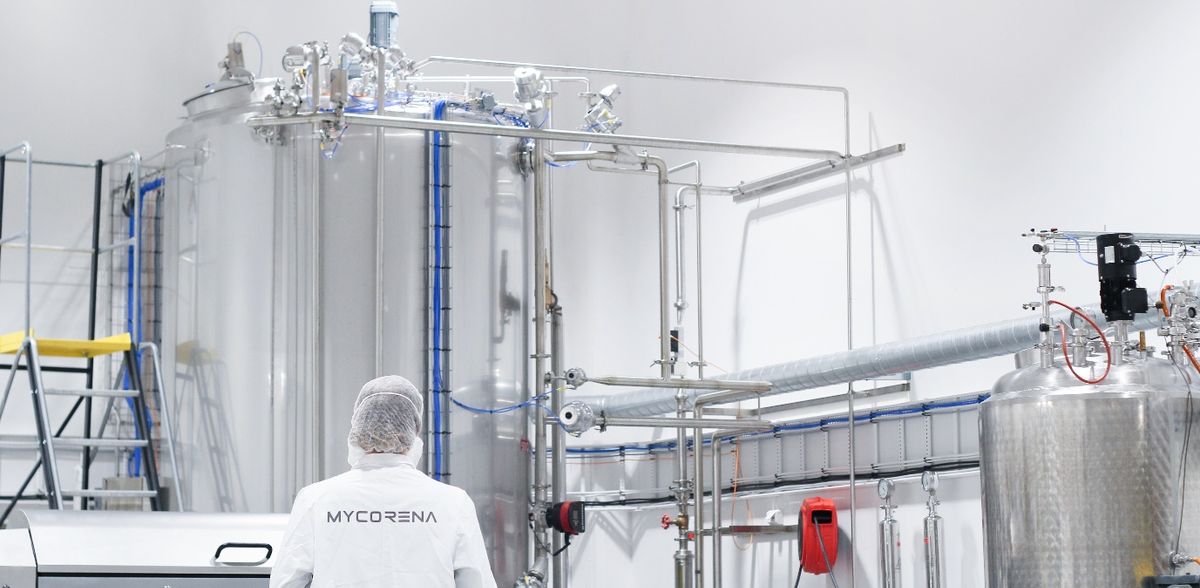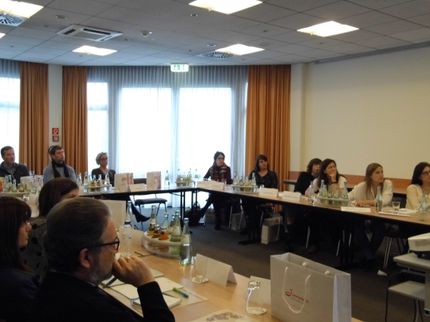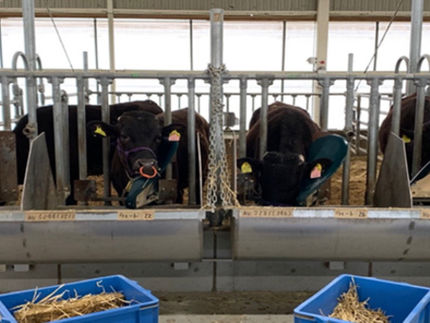Mycorena Discontinues Large Scale Factory Project to Focus on New Pivoted Growth Plan
Mycorena, a pioneering Swedish foodtech start-up in the mycoprotein segment, announces the discontinuation of its large-scale factory project in Sweden for scaling Promyc, one of Mycorena’s proprietary mycoprotein ingredients. The company is pivoting their business model to focus more on a long-term circular upcycling production model, with emphasis on a consumer-facing growth plan covering private label and food service segments.

MYCORENA

MYCORENA


Strategic Shift
Mycorena has been at the forefront of the new generation mycoprotein companies, and has been active on the market since 2017. The company has planned during 2022 to build a large-scale production plant capable of producing thousands of tons of mycoprotein ingredient for the booming plant-based market.
Despite significant growth and attracting over €35 million in funding, including a €24 million Series A round in early 2022, the company faced challenges due to changing market conditions and an unfavourable investment climate. The company engaged with Swedish bank SEB and Pareto securities during 2022-2023 to raise funding for their Series B round which failed due to the lack of investor interest in the capital expenditure project within foodtech and the slow-moving market interest towards mycoprotein segment.
The scale-up factory, designed in collaboration with TetraPak, aimed to achieve a total production volume of up to 100,000 tons in multiple stages, with an initial production capacity of 5,000 tons by the end of 2023. However, due to the declining plant-based market growth during the last few years and reduced investor interest in capital-intensive projects within the food tech industry, Mycorena has decided to discontinue its scale-up project. The company will now redirect its focus to its core operations at its demo facility in Gothenburg, Sweden. The company envisions the production scale-up journey to be more focused on a circular-upcycling production model, unleashing the potential of co-location with its industry partners.
Comments from Leadership
“We experienced steady growth until 2022. We established a state-of-the-art demo facility, successfully scaled the production of Promyc, and developed innovative products beyond mycoprotein, such as our fungi-based fat (Mycolein™) . We also established strong industry partnerships and launched consumer products on the shelves in six EU countries with our partners," said Dr. Ramkumar Nair, Founder and CEO of Mycorena
"However, it seems we were set on track on a wrong timing when it comes to the scaling project and the market sentiments changed drastically. Investors are hesitant to back projects with heavy capital requirements and the declining sales in plant-based foods have also impacted our cost models."
Nair added, "The scale-up factory was conceived during the market peak. Now, with the market decline, we can't meet expectations on cost competitiveness from the industry. In addition, most of our key partners have also slowed their growth plans due to changing market environment, adding more uncertainty to the scale-up project."
Pivot to B2B2C Approach
Mycorena is now pivoting from a pure B2B ingredient sales model to a more B2B2C approach. "We've faced a constant catch-22 situation where investors demand binding purchase contracts to invest in capex, while food companies won't commit without a proven large-scale production," says Ebba Fröling, Co-founder and COO
"After almost 24 months of efforts, we’ve concluded that the industry isn’t ready yet for big bets on mycoprotein or fermentation-related products. Therefore, we’re taking a step back to focus on our core operations and reinforce the interest in mycoprotein products before scaling up further." added Fröling.
The revised business plan will maximize production capacity at the already existing demo plant facility in Gothenburg, supporting existing partnerships and new opportunities. Mycorena will venture into food service and private label sectors, focusing primarily on the Nordic market where the consumption of mycoprotein is high combined with strong request for locally produced alternatives. The company has in the past developed a portfolio of over 30 products across various categories, showcasing its extensive knowledge and capability built over six years of fermentation and product development efforts. The facility in Gothenburg has the potential to produce mycoprotein ingredients capable of supplying up to 500 tons of end-consumer products, planned to be rolled out during 2025.
Future Outlook
"We believe discontinuing the scale-up facility for the time being is a wise decision. We still have strong confidence in the potential of fungi and mycoprotein's impact on the food system. However, given the current investor climate and geopolitical situations, we must pause our scale-up journey. We will also focus on our core competence on working with industry side-streams, to build a co-location-based scale-up production model for the future roll-out''- stated Nair.
The company is raising investment from existing shareholders and new investors to activate the pivoted growth plan.
Other news from the department business & finance
Most read news
More news from our other portals
Something is happening in the food & beverage industry ...
This is what true pioneering spirit looks like: Plenty of innovative start-ups are bringing fresh ideas, lifeblood and entrepreneurial spirit to change tomorrow's world for the better. Immerse yourself in the world of these young companies and take the opportunity to get in touch with the founders.































































